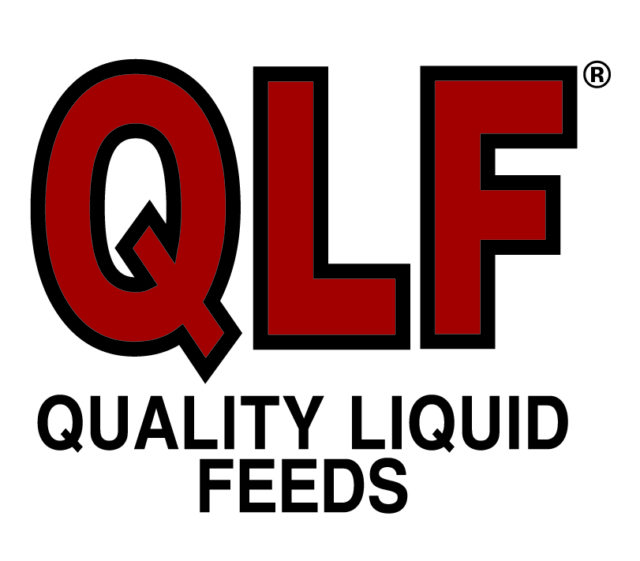Australian beef only makes up 0.2 percent of total EU supply; however, this product is mostly high-quality, chilled product.
As domestic supplies dwindle in the EU and imports from traditional large South American suppliers become scarce, Australian beef is continuing to supply the premium end of the market with high-quality grass- and grain-fed beef.
The majority of Australian beef is shipped to the EU under both the High-Quality Beef (HQB) “Hilton” beef quota (7,150 metric tons) and the HQB grain-fed beef quota (20,000-ton access shared with eligible nations).
The HQB “Hilton” quota was established in 1968 as a concession for the introduction of EU beef support policies. The quota was split between historical exporters, with management rights given to the exporting countries.
EU domestic beef production is expected to contract 2.8 percent in 2012, with increased operating costs and higher prices in 2011 pulling many cattle forward that would have otherwise been processed in 2012.
Between 2012 and 2020, domestic production is forecast to drop by 1.3 percent annually, with beef and veal consumption predicted to fall 0.8 percent annually by 2020, continuing the shortfall in beef supplies.
 Brazil
Brazil
Smithfield Foods Inc., the world’s largest pork producer, will import corn from Brazil, a move that reflects how surging costs for U.S. feed grains are rippling through the livestock and meat industry.
The worst drought in decades has battered the U.S. Corn Belt, leading to tight supplies and sharply higher prices.
Analysts say it is unusual for a U.S. livestock producer to import supplies from South America, though it could be cheaper to buy and ship corn from there to the eastern U.S. than to get it by rail from the Midwest, in light of the high domestic corn prices. The U.S. is by far the world’s biggest producer and exporter of corn.
A Smithfield spokeswoman confirmed the company’s decision to use Brazilian corn in its hog-raising operations, after the Financial Times reported earlier this week that meat companies, including Smithfield, had arranged to ship Brazilian corn to the East Coast.
She declined to say how much of the feed the Smithfield, Virginia, company has purchased or when the first shipments will arrive.
Spot-market prices for physical corn in the U.S. surged early this year as supplies ran low and farmers demanded a higher payoff for their corn that was still in storage from last year’s harvest.
Paulo Molinari, a consultant at Brazil’s Safras & Mercado, said corn at Brazilian ports is currently going for around $290 per metric ton, compared with $345 in the U.S. Gulf of Mexico. Shipping corn to the U.S. from Brazil adds anywhere from $30 to $40 per ton to that cost.
“There’s never been this big of a difference in price,” Mr. Molinari said. “Brazilian corn is almost always at the same level as in the Gulf of Mexico, if not higher.”
Brazil will reap a record grain harvest of 163.3 million metric tons this year, a gain of 2 percent over 2011.
Despite weather-related losses in the first half of 2012, Brazilian crop analysts say the increases can be attributed to improving environmental conditions and an expansion of 9.6 percent in land under cultivation.
 Russia
Russia
The Animal Welfare Institute (AWI) and Compassion in World Farming are calling on USDA to take immediate action following reports that 400 pregnant cattle, among a total of 3,900 cattle being transported by ship from the U.S. to Russia, have died en route.
The groups are urging USDA to thoroughly investigate the incident and take all necessary steps to prevent a similar occurrence in the future.
Compassion in World Farming received complaints late summer from a Gibraltar supporter that the ship, called the Pearl of Para, was crammed with cattle and had docked temporarily on July 30.
The supporter raised concerns because the ship reportedly smelled “awful.” The ship was on its way to Russia.
Accounts of the incident suggest that the animals may have suffocated on ammonia fumes due to a breakdown in manure removal and ventilation systems with no backup system in place.
U.S. regulations require that vessels transporting animals for export have spare motors and fans available on board for each type of motor or fan used, in order to facilitate replacement or repair of the ventilation system if any malfunction occurs during the voyage.
Cattle exports from the U.S. have expanded rapidly in the past two years, as countries like Turkey, Russia and Kazakhstan try to establish breeding herds.
According to USDA, last year approximately 100,000 animals – many of them pregnant dairy cattle – left from the east coast on voyages to Europe and Asia lasting more than two weeks.
 United Kingdom
United Kingdom
Successful bovine viral diarrhea (BVD) eradication schemes in mainland Europe, and more recently in the Republic of Ireland and Scotland, mean that increasingly attention is shifting to England and Wales to adopt a proactive approach to the disease.
With the majority of the national herd being affected, cattle farmers can no longer afford to ignore the problem.
Scottish government proposals to impose movement restrictions on persistently infected (PI) animals will likely affect all cattle crossing the border after February 2013.
Many farmers already adopt BVD management strategies as part of herd health planning and cattle health schemes.
Several animal health companies have launched a “tag and test” service that allows farmers to take tissue samples from newborn calves and identify PI animals within just a few days.
“By making it easy to integrate testing with a routine process such as tagging newborn calves, farmers and their vets can collect essential data to help decision-making when tackling the problem of persistently infected animals in their herd,” explains George Caldow, veterinary manager and BVD expert.
The ear tags collect a sample of ear tissue in a hermetically sealed, tamper-proof container with a unique identifier to ensure full traceability.
The samples are sent by post to the SAC laboratories for analysis and the results are returned within five working days to both the farmer and the attending vet.
Clint Peck is the owner of Global Beef Systems, LLC.











